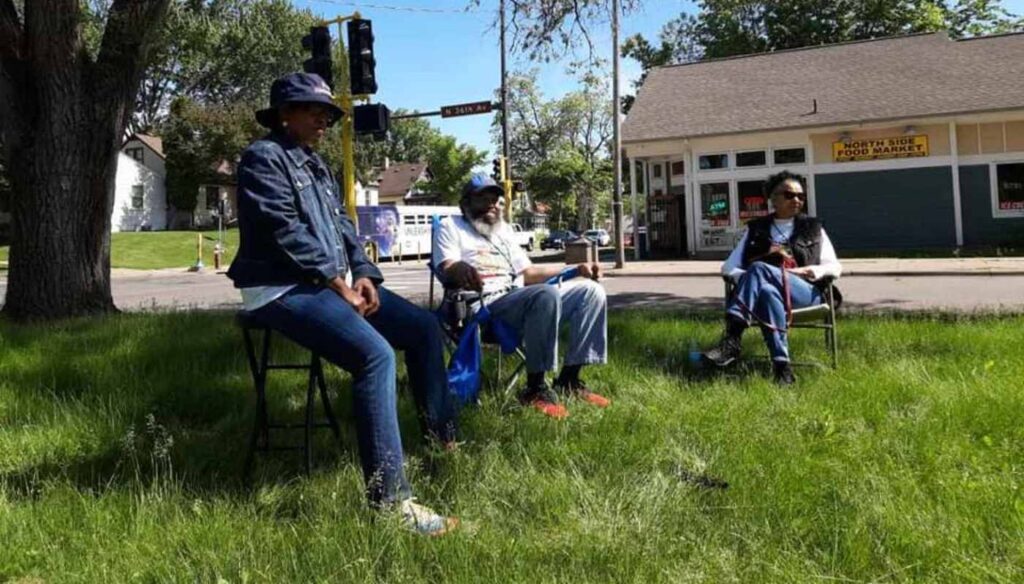
As city officials wrangle under the pressure to reduce urban violence and deal with demands from police unions, homeowners’ associations, and gun lobbyists, residents in some of the most violent neighborhoods in the country have opted instead to pull up a chair, and have a sit down.
One such movement has been the 21 Days of Peace event in Minneapolis, a place where, even before the death of George Floyd, sometimes saw 11 homicides a month.
Here, community and church congregation members are simply seating themselves in lawn chairs on street corners in the most dangerous neighborhoods, and acting as “violence interrupters”—and police statistics show it’s working.
Compared to last summer, in June 2021 homicide numbers took a dive during the 21 Days of Peace, and continued to stay low in the following months, along with incidents of rape and aggravated assault.
“Our group asked the Minneapolis Police Department to identify the most dangerous spots in our neighborhood, the 4th Precinct, and then we went there, pulled out our chairs and sat down,” write Louis King and Jerry McAfee, in an op-ed in the Washington Post.
King is president and chief executive of Summit Academy OIC in Minneapolis, and McAfee is pastor of the city’s New Salem Missionary Baptist Church, but both are part of this new wave of violence interrupters.
“Too many leaders are responding by adopting a Nixonian ‘tough on crime’ stance—which usually translates into over-policing and under-supporting these communities,” they wrote. “The people sitting on these corners in their chairs are members of the community. We know our young people, and they know us.”
MORE: Judge Gave Drug Dealer a Second Chance. 16 Years Later He Swears Him In As a Lawyer
Similar movements of violence interruption have broken out with success in Nashville, where the groups Gideon’s Army and West Nashville Dream Center are working through community outreach to rebuild trust and using successful de-escalation to decrease crime by 40%, while arrests plummeted.
AP reports that in the areas where the Dream Center operates, crime has fallen 40%, giving a totally new perspective to police departments that for years had adopted tough-on-crime policies.
“We thought that was going to make it safer, and what we ended up doing was breaking down trust in those communities,” said police Lt. Jason Picanzo, who works with West Nashville Dream Center. Now, he says, it is the community that has made these neighborhoods safer.
Back in Minneapolis, King and McAfee believe that the moral bastion of the Black Church gives them a unique advantage over the police forces. They site similar examples in Baltimore where church groups are doing more for underserved communities, and at the same time reducing violence.
“We draw on the power of congregation—of family, of friends, and of community to try to interrupt the violence. And our faith gives us the courage to put ourselves in harm’s way,” they wrote.
LOOK: Study of Surveillance Cameras Proves That Strangers Will Almost Always Intervene to Help
It’s a strong gesture to unfold and lawn chair and simply sit where many people fear even to drive. Violence of any kind, whether it involves us or not, is a difficult situation to risk being caught up in, but desperate times also call on our ‘better angels’—and these Minnesotans are stretching their wings.
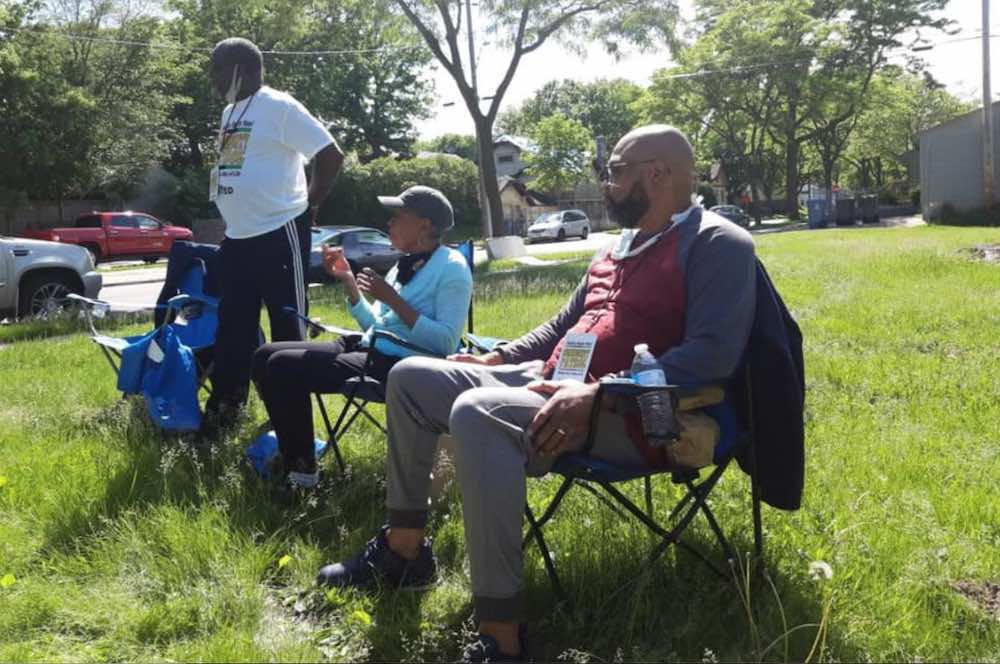
“We’re not declaring victory, by any means. But as elected officials look for answers to end the violence, they would be wise to pull up a chair and take a look at what’s working.”
MORE: Buddha Statue Brings Tranquility to Oakland Neighborhood
BRING Peace to Inner City News Feeds By Sharing the Great News…


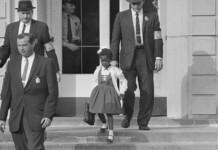
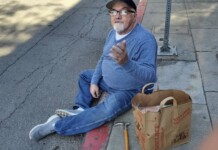
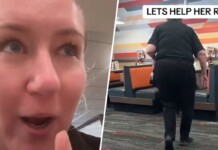















This is awesome to read! So brave and caring at the same time. And the numbers on the effect are very impressive with such a high reduction in crime. “It takes a village to raise a child”.
Hope other communities will follow this example.
Thank you to those who are doing this hard but effective work to stop violent crime in Minneapolis. It take courage and faith to do so.
This is exactly where the Church should be. We need to take back our responsibilities of charity, being part of the community and standing firm against sin (while recognizing & dealing with our own).
when we started abrogating charity work to the Government, we lost the calling of helping the orphans & widows, giving over to “welfare”.
Anyway, to the present. This is good. Proud of you guys!
Inspiring! I would love to know how people who live in neighborhoods other than the ones where this courageous lawn-chair activism is happening can help. I can imagine it being a complex question, especially given the problematic or patronizing dynamics that can come into play when people with greater privilege and safety decide they want to show up “and help those folks in distress.” That said, lots of people will be inspired by these actions and will want to help. Anyone know if any of the organizers or churches have put out a call to folks beyond their neighborhoods to help in specific ways?
Good question. I will point out that several of their photos on Facebook show white folks showing up. My personal opinion: Any church that claims to follow Jesus would not see color or status of the ppl around them but would welcome any helpers as the brothers and sisters they are. xxoo
I don’t believe this is the forum for a Fox vs CNN style debate, or a forum about whether organized religion, private enterprise, or government will solve issues. The issue is too complex. Our job here is to offer our thanks and support those who affirm and save lives.
[Note: This comment was edited to keep it within our guidelines. – Editor) We need more folks of every walk of life to participate in patrolling our streets and communities to ensure our families, friends and loved ones are safe. And we need to teach our children to cherish life and that violence is not the answer in a systematic way. Well done, Minnesotans.